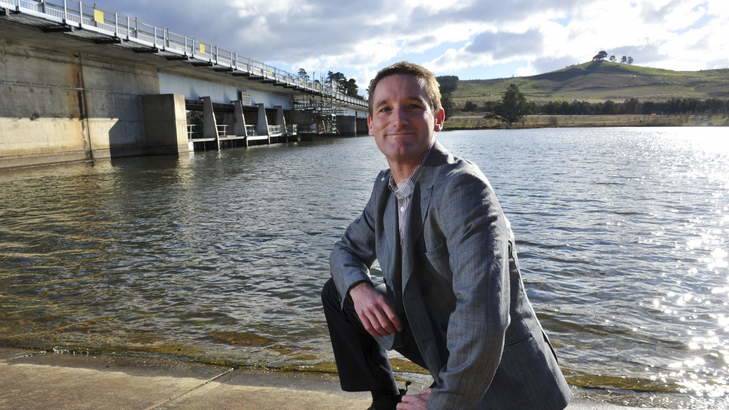Gary Rake comes to the ABCB with more than 25 years’ experience in senior positions across the public and private sectors.
An economist and accountant by profession, his range of experience covers urban planning, asset management, financial management, human resources, consumer protection regulation, criminal and civil investigations, marketing and internal audit.
He has previously held Commonwealth roles as Chief Executive of the National Capital Authority and Chief Operating Officer of the Therapeutic Goods Administration, in the NSW Government Office of Sport and the Chief Minister’s, Environment & Planning, Justice & Community Safety, and Community Services Directorates in the ACT Government. He has also worked in the banking industry and as a financial and project performance consultant.
Gary says he “enjoys grabbing the prickly problem that nobody else wants to touch” and is looking forward to close, collaborative, discussions with all stakeholders interested in the work of the ABCB.
Outside of work, Gary volunteers in sports and arts organisations. He also says he has a reputation for making lots of “dad jokes” – and based on his first few weeks, the ABCB team can confirm that is true.
Please join us in congratulating Gary on his new appointment as the ABCB's new Chief Executive Officer. We are excited to have Gary join us, and together navigating the complex challenges affecting Australia's built environment.
Now, lets hear Gary's perspective on emerging industry issues...

What do you see as some of the emerging issues for the Board?
The number one challenge I see, and this comes up in most regulatory environments, is that we need to keep reminding ourselves WHY we are here and that is a focus on citizens – users of the built environment. We don’t have the NCC just because it is fun to delve into technical areas (although that IS fun), we have it to help ensure quality and safety for people.
Given your experience working in similar roles, what has been the most challenging part?
It is always hard to reconcile competing priorities and different perspectives. This is especially hard when measuring the impact of regulation – where we need to put objective measures and tests around very subjective qualitative matters. My approach to navigating these is based on a few key principles:
- Transparency – stakeholders should be able to see how we make our decisions. Not necessarily a window into the board room, but clear process and clear understanding of how we assess issues and collect perspectives.
- Accountability – We should be willing to explain how we worked through an issue, how we dealt with the things we heard from stakeholders and why we landed at our final position.
- Trust – I am committed to being a trusting, and hopefully trusted, professional. This means, I will bring others closer to an issue, in an environment of trust, where I think that will help us achieve a better outcome.
- Dignity – This is a big one. There will always be debates where parties end up on different sides and a middle ground seems hard to find. My personal aim is to ensure that everyone has a chance to keep their dignity. This means staying on the issue not the personality. When we stay dignified, relationships become stronger, discussions become deeper and more productive. We make better decisions – and that is better for the citizens we serve.
Do you think there is enough diversity within the construction industry workforce, and how do you think this can be improved?
It actually doesn’t matter what I “think” about this. The data is very clear… we do not have enough diversity. It is certainly improving in many parts of the industry and many organisations are doing great work. But we are coming off a very low base in some fields and progress is slow. Gender diversity has been a key focus, but we need to see diversity in all its forms.
From my corporate and board roles, I would draw out the proven benefits – organisations with more diverse workforces are more productive and more sustainable. My personal contribution – I like to look for ‘the missing perspectives’ and I try to sponsor the careers of talented people. The best way to bring about change is to get involved and try to personally change one little thing for the better.